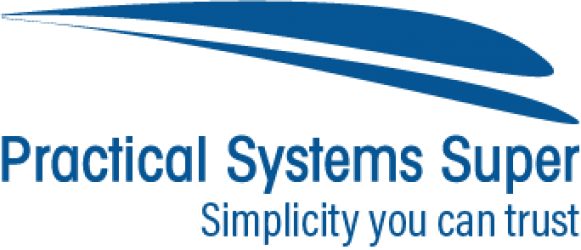The government should allow transition to retirement income streams to convert to account-based pensions upon a condition of release, with the existence of two types of TRISs causing unnecessary complexity and compliance, says the SMSF Association.
In a pre-budget submission, the SMSF Association said that while it supports the recent amendments made by the government in respect of TRISs, there are still two types of TRISs — one with taxable earnings and one without — which make the law complex.
“An extension of this is that one type of TRIS will count towards the transfer balance cap, while the other will not,” it explained.
The submission also highlighted that the legislation also creates no real incentive for individuals on a nil cashing TRIS to ever convert to an account-based pension (ABP). In practice, these income streams will continue in the industry in more prevalence than ABPs.
“If an individual did want to convert to an ABP, they would have to do this via the method of commutation and re-commencement, and thus the amendment does not ease the compliance burden they normally face,” it said.
Having three types of pensions also creates additional complexity for the superannuation industry, the submission said.
“SMSF software and service providers must calculate the tax on differing TRISs and collect additional information on conversion date. Financial advisers will have additional burdens in determining the types of TRIS a client has when an adviser gains a new client or an existing client starts a TRIS,” it said.
“Moreover, the disclosure documents seeking to explain the difference between the three types of pension are very complex and lengthy. Actuaries will also need to determine types of TRIS and if a condition of release is met.”
The SMSF Association recommended amending the Superannuation Industry (Supervision) Regulations 1994, so that where a TRIS holder satisfies a nil cashing restriction condition of release their TRIS, they can automatically be converted to an ABP upon an acknowledgement from the member.
“This allows existing TRIS to still be grandfathered for Centrelink purposes if they started before 1 January 2015, as the income stream will not have ceased.
“Furthermore, having members decide when their TRIS converts will also allow them and their advisers to better plan for the transfer balance cap and various other retirement issues and also gives them control. This is an essential aspect of the new superannuation reforms.”
The submission also called for the government to remove the requirement to obtain an actuarial certificate when the fund is 100 per cent in retirement phase.
Under the current rules, the submission said that if an SMSF has at least one retirement phase income stream at any time of year, and a fund member has a total superannuation balance over $1.6 million immediately before the start of the relevant income year, then the SMSF will have disregarded small fund assets.
This means that it will need to use the proportionate method to calculate exempt current pension income for all members for the entire income year.
This requires the SMSF trustee to obtain an actuarial certificate that certifies the proportion of income that is exempt, it said.
“However, one possible outcome of this rule may result in a fund which is solely in retirement phase for a financial year being required to obtain an actuarial certificate in order to claim ECPI,” it explained.
“The actuarial certificate in this circumstance would state an actuarial tax-exempt percentage of 100 per cent.”
The submission said that this is an “unintended and costly consequence” of the disregarded small asset rules which provides no value to SMSF trustees.
“The requirement to obtain an actuarial certificate to confirm that all the fund’s income is exempt from tax when all the assets of their fund are supporting pensions is unnecessary,” it said.
The submission said that a simple fix to ensure that any fund that is in 100 per cent retirement phase is not required to obtain an actuarial certificate could be achieved by amending section 295-385 item 7 to ensure that disregarded small fund assets are not segregated current pension assets, unless section (4) applies in respect to an entire financial year.
“This will save SMSFs in this position the annual actuarial fee, which is typically between $100 and $200 and not impact government revenue,” it said.
The SMSF Association also called for an amnesty to allow SMSF trustees to convert their term allocated and legacy pensions to account-based pensions, a repeal of the work test and changing the residency rules for Australian superannuation funds that unfairly impact SMSFs.
Source: https://www.smsfadviser.com/news/17347-association-calls-for-overhaul-of-tris-rules

